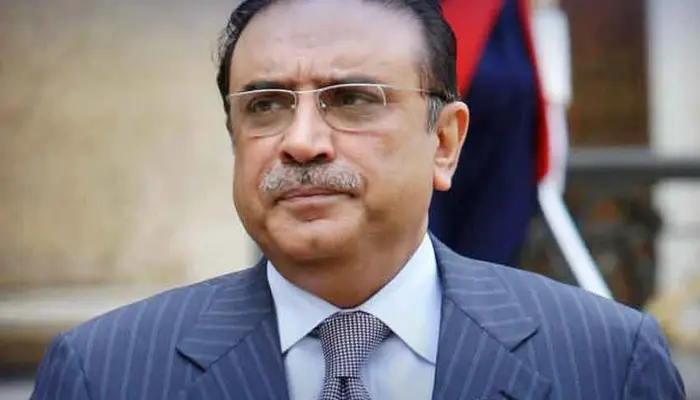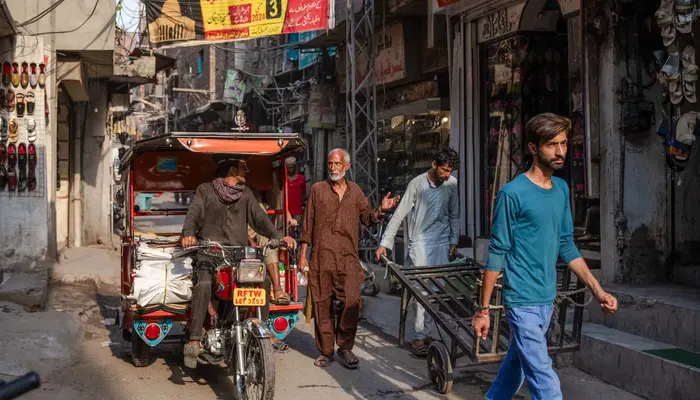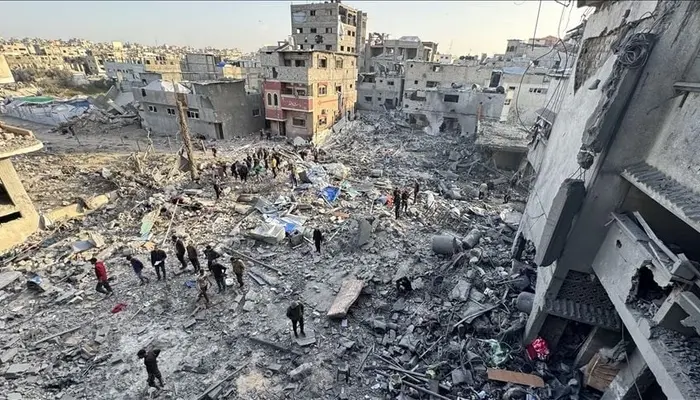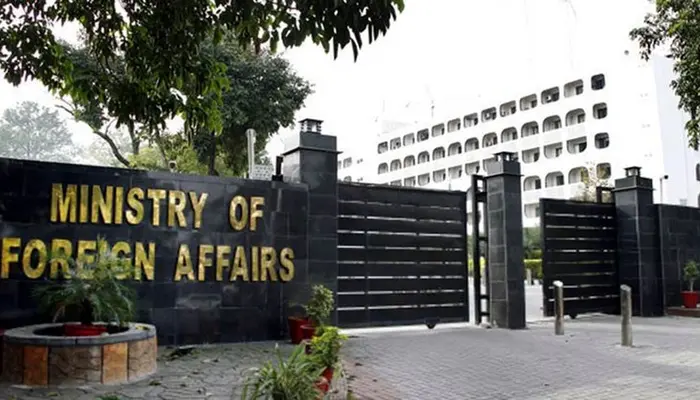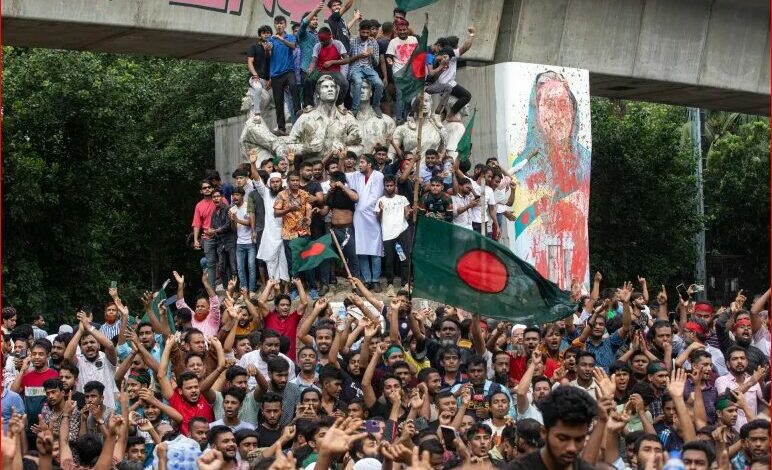
In a dramatic turn of events, Bangladesh has been thrust into political turmoil as the country’s army chief, General Waker-Uz-Zaman, announced the establishment of an interim government following the sudden departure of Prime Minister Sheikh Hasina. The announcement comes after weeks of deadly protests and escalating violence, which culminated in the storming of Hasina’s palace in Dhaka by thousands of protesters.
The removal of Sheikh Hasina on Monday marks the end of her nearly two-decade-long rule over Bangladesh. The crisis reached a boiling point as over 300 people lost their lives in the protests, with nearly 100 fatalities occurring in a single night of violence on Sunday. In an attempt to quell the unrest, authorities imposed a national curfew, but it did little to deter the determined masses.
As the situation spiraled out of control, Prime Minister Hasina was forced to flee. An aide told Al Jazeera that she boarded a military helicopter on Monday, narrowly escaping the angry crowds that had gathered at her official residence. Local media in India reported that Hasina was on board a Bangladesh Air Force aircraft, which later landed at a military base in Ghaziabad.
The departure of Sheikh Hasina has sent shockwaves through the nation. On Monday, as news of her flight spread, the mood on the streets of Dhaka shifted from violence to jubilation. Jubilant crowds ignored the curfew and celebrated the end of Hasina’s tenure. Waving flags and dancing on top of tanks, thousands of people broke through the gates of the prime minister’s palace. Bangladesh’s Channel 24 broadcast images of the masses running into the compound, waving to the cameras, looting furniture, and even relaxing on beds inside the residence.
Interim Government
The interim government’s formation aims to stabilize the nation and prevent further bloodshed. General Waker-Uz-Zaman, addressing the nation, promised a swift return to civilian rule but did not specify a timeline. “We understand the apprehensions of our citizens. The army is committed to restoring peace and ensuring a smooth transition to a democratically elected government,” he said in a televised address.
The dramatic events leading to Hasina’s departure have deep roots in Bangladesh’s complex political landscape. The protests began weeks ago, sparked by accusations of corruption and authoritarianism against Hasina’s government. The situation deteriorated rapidly as security forces attempted to suppress the demonstrations with force, leading to widespread outrage and international condemnation.
For many Bangladeshis, the current turmoil is a stark reminder of the country’s turbulent history. Bangladesh endured years of military rule in the 1970s and 1980s following its independence from Pakistan in 1971. The prospect of a return to military governance is a cause for concern among the populace, who fear a repeat of past instability and repression.
In India, where Hasina is now reportedly in refuge, the response has been one of cautious observation. While there has been no official statement from the Indian government, the situation in Bangladesh is being closely monitored. Regional analysts suggest that India will likely play a diplomatic role in facilitating dialogue and ensuring stability in its neighboring country.
International reactions to the crisis have varied, with calls for restraint and a peaceful resolution. The United Nations and several human rights organizations have urged the interim government to respect human rights and prioritize a quick return to democratic governance. The United States and European Union have both expressed concerns about the potential for further violence and the importance of maintaining stability in the region.
As Bangladesh faces this uncertain period, the future remains unclear. The interim government’s ability to manage the transition will be crucial in determining whether the country can avoid a descent into further chaos. For now, the people of Bangladesh wait anxiously, hoping for a peaceful resolution and the promise of a brighter, more stable future.
The removal of Sheikh Hasina and the establishment of an interim government represent a significant turning point in Bangladesh’s history. Whether this moment will lead to lasting change or a return to the tumultuous past remains to be seen.




